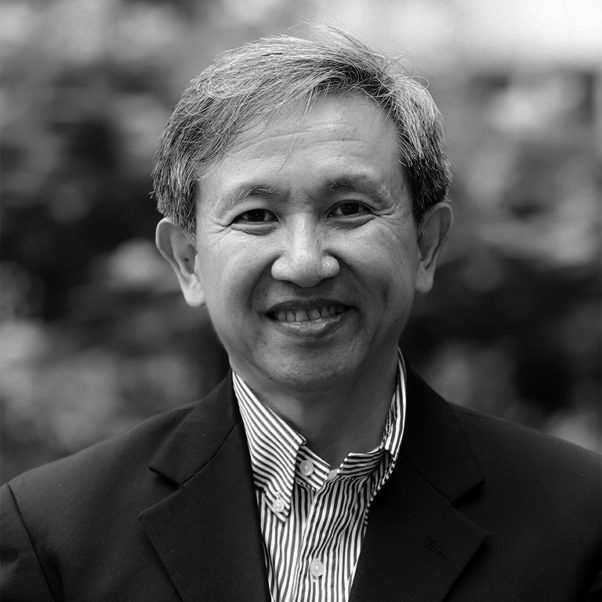Dr. Nguyen Nam is a lecturer of the University of Social Sciences and Humanities (USSH), Vietnam National University in Ho Chi Minh City since 1986, and the USSH’s former Chairperson of the Division of East Asian Studies (1993-1994), and Division of Chinese Studies (2010-2012).
Between 1986 and 1994, he worked as a lecturer in pre-modern Vietnamese literature and Vietnamese language at the Ho Chi Minh City University.
He has also taught courses in Vietnamese pre-modern writing systems, including both classical Chinese (read with Sino-Vietnamese pronunciation) and the Vietnamese demotic script Nôm.
After earning his MA (Regional Studies – East Asia) and PhD (East Asian Languages and Civilizations, or EALC) from Harvard in 1996 and 2005 respectively, he worked as the manager of the Academic Program of the Harvard-Yenching Institute (HYI) from 2004 to 2010.
He also served as Nôm Instructor for Independent Studies of Harvard’s EALC in the academic years of 1999-2000 and 2007-2008. In one of his books, Phiên dịch học lịch sử – văn hóa: Trường hợp Truyền kỳ mạn lục (Historical and Cultural Translation Studies – The Case of Truyền kỳ mạn lục, Vietnam National University in Ho Chi Minh City, 2002), he examines translation issues regarding textual transmission and reception in particular historical and cultural contexts.
He has also conducted his research in East Asian countries, such as Japan (as a Visiting Fellow of the Japan Society for the Promotion of Science, 2016-2017), and Taiwan (as a Visiting Fellow/Scholar of Taiwan Center for Chinese Studies, 1999 and 2011).
During the summer of 2013, as visiting professor he taught in the Department of Languages and Cultures of Southeast Asia, Asian African Institute, Hamburg University.
He has also served as lecturer for Overseas Study Program of Loyola University Chicago in Ho Chi Minh City since 2012. His research interests focus on comparative literature (dealing mainly with East Asian countries), translation studies, and adaptation studies. He is currently an associate of the HYI.
— Back

